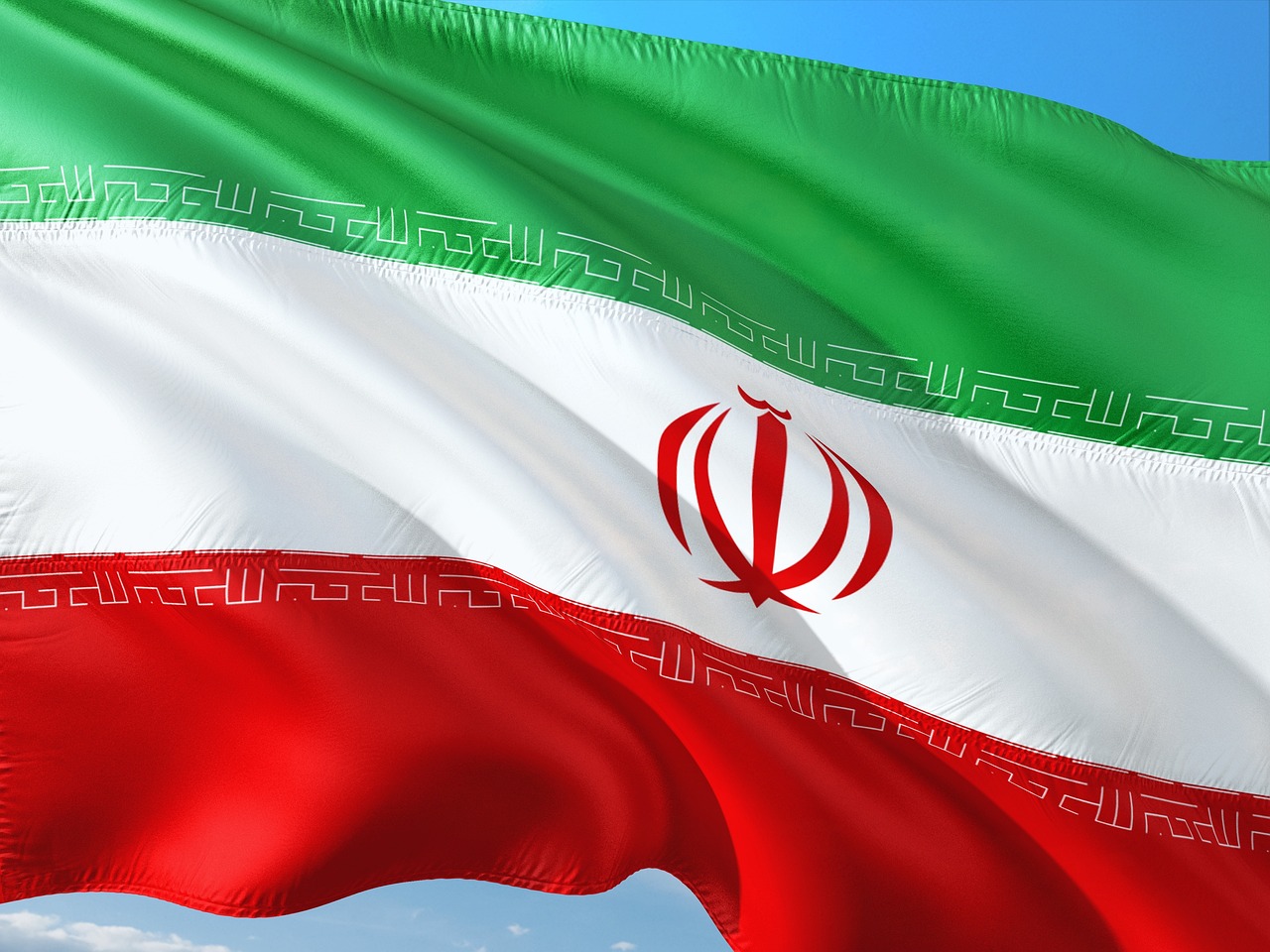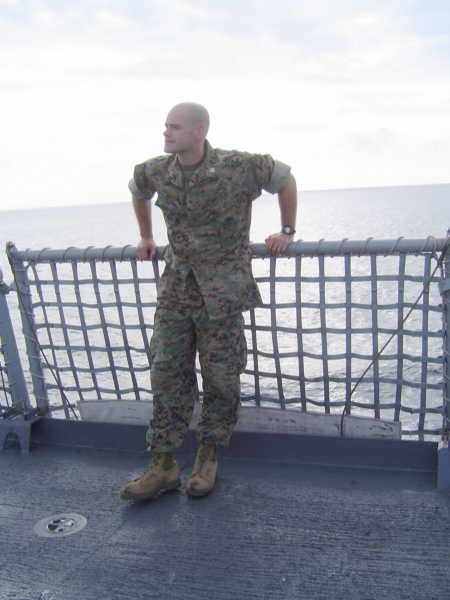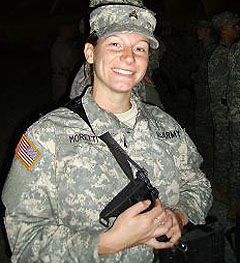
White Sun War: The Campaign for Taiwan – May 4, 2023 by Mick Ryan
Click here to read our full book review.
White Sun War is a fictional account of a future invasion of Taiwan by the People’s Republic of China, and the regional war that occurs as the U.S., Japan, and other nations support Taiwan’s defense. The author, strategist and retired Australian Army general Mick Ryan, remains an avid writer in the field of future warfare and the implications of technology on conflict. His expertise in these areas shines throughout White Sun War, which eclipses the human element of the conflict that Ryan still successfully weaves into the book.
If you purchase this book through this link, Amazon will donate money back to Key Terrain Cyber.
World Order by Henry Kissinger
Henry Kissinger offers in World Order a deep meditation on the roots of international harmony and global disorder. Drawing on his experience as one of the foremost statesmen of the modern era—advising presidents, traveling the world, observing and shaping the central foreign policy events of recent decades—Kissinger now reveals his analysis of the ultimate challenge for the twenty-first century: how to build a shared international order in a world of divergent historical perspectives, violent conflict, proliferating technology, and ideological extremism.
If you purchase this book through this link, Amazon will donate money back to Key Terrain Cyber.
The Accidental Superpower: The Next Generation of American Preeminence and the Coming Global Disorder – November 4, 2014 by Mr. Peter Zeihan
In The Accidental Superpower, international strategist Peter Zeihan examines how the hard rules of geography are eroding the American commitment to free trade; how much of the planet is aging into a mass retirement that will enervate markets and capital supplies; and how, against all odds, it is the ever-ravenous American economy that – alone among the developed nations – is rapidly approaching energy independence. Combined, these factors are doing nothing less than overturning the global system and ushering in a new (dis)order. For most, that is a disaster-in-waiting, but not for the Americans. The shale revolution allows Americans to sidestep an increasingly dangerous energy market. Only the United States boasts a youth population large enough to escape the sucking maw of global aging. Most important, geography will matter more than ever in a de-globalizing world, and America’s geography is simply sublime.
Russia’s Military Revival – May 29, 2018 by Bettina Renz
Russian annexation of Crimea and the subsequent air campaign over Syria took the world by surprise. The capabilities and efficiency of Moscow’s armed forces during both operations signalled to the world that Russia was back in business as a significant military actor on the international stage. In this cutting-edge study, Bettina Renz provides an in-depth and comprehensive analysis of Russia’s military revival under Putin’s leadership. Whilst the West must adjust to the reality of a modernised and increasingly powerful Russian military, she argues that the renaissance of Russian military might and its implications for the balance of global power can only be fully understood within a wider historical context. Assessing developments in Russian Great Power thinking, military capabilities, Russian strategic thought and views on the use of force throughout the post-Soviet era, the book shows that, rather than signifying a sudden Russian military resurgence, recent developments are consistent with longstanding trends in Russian military strategy and foreign policy.
On China Hardcover – May 17, 2011 by Henry Kissinger
In this sweeping and insightful history, Henry Kissinger turns for the first time at book length to a country he has known intimately for decades and whose modern relations with the West he helped shape. On China illuminates the inner workings of Chinese diplomacy during such pivotal events as the initial encounters between China and tight line modern European powers, the formation and breakdown of the Sino-Soviet alliance, the Korean War, and Richard Nixon’s historic trip to Beijing. With a new final chapter on the emerging superpower’s twenty-first-century role in global politics and economics, On China provides historical perspective on Chinese foreign affairs from one of the premier statesmen of our time.
The Impossible State: North Korea, Past and Future – October 23, 2018 by Victor Cha
In The Impossible State, seasoned international-policy expert and lauded scholar Victor Cha pulls back the curtain on provocative, isolationist North Korea, providing our best look yet at its history and the rise of the Kim family dynasty and the obsessive personality cult that empowers them. Cha illuminates the repressive regime’s complex economy and culture, its appalling record of human rights abuses, and its belligerent relationship with the United States, and analyzes the regime’s major security issues—from the seemingly endless war with its southern neighbor to its frightening nuclear ambitions—all in light of the destabilizing effects of Kim Jong-il’s death and the transition of power to his unpredictable heir.
The Second Nuclear Age: Strategy, Danger, and the New Power Politics – November 26, 2013 by Paul Bracken
In this provocative and agenda-setting book, Paul Bracken of Yale University argues that we need to pay renewed attention to nuclear weapons and how their presence will transform the way crises develop and escalate. He draws on his years of experience analyzing defense strategy to make the case that the United States needs to start thinking seriously about these issues once again, especially as new countries acquire nuclear capabilities. He walks us through war-game scenarios that are all too realistic, to show how nuclear weapons are changing the calculus of power politics, and he offers an incisive tour of the Middle East, South Asia, and East Asia to underscore how the United States must not allow itself to be unprepared for managing such crises.
Escalation and Deterrence in the Second Space Age by Todd Harrison, Zack Cooper, Kaitlyn Johnson, and Thomas G. Roberts
On October 4, 1957, the Soviet Union launched Sputnik 1, the first human-made object to orbit the Earth. Six decades later, space-faring nations face a much different space environment, one that’s more diverse, disruptive, disordered, and dangerous. Today’s space domain presents a number of asymmetries that differ from other domains, creating a deterrence environment with unique policy implications. Escalation and Deterrence in the Second Space Age, a report from the CSIS Aerospace Security Project, discusses the evolution of space as a contested domain, the changing threats to U.S. space systems, deterrence theory and its applications to the space domain, and findings from a space crisis exercise administered by CSIS in late 2016.
The Logic of American Nuclear Strategy: Why Strategic Superiority Matters by Matthew Kroenig
For decades, the reigning scholarly wisdom about nuclear weapons policy has been that the United States only needs the ability to absorb an enemy nuclear attack and still be able to respond with a devastating counterattack. This argument is reasonable, but, empirically, we see that the US has always maintained a nuclear posture that is much more robust than a mere second-strike capability. In The Logic of American Nuclear Strategy, Matthew Kroenig challenges the conventional wisdom and explains why a robust nuclear posture, above and beyond a mere second-strike capability, contributes to a state’s national security goals. In fact, when a state has a robust nuclear weapons force, such a capability reduces its expected costs in a war, provides it with bargaining leverage, and ultimately enhances nuclear deterrence. Buoyed by an innovative thesis and a vast array of historical and quantitative evidence, this book provides the first coherent theoretical explanation for why military nuclear advantages translate into geopolitical advantages. In so doing, it resolves one of the most-intractable puzzles in international security studies.
Putinism: Russia and Its Future with the West – June 30, 2015 by Walter Laqueur
There is no question that tensions between Russia and America are on the rise. The forced annexation of Crimea, the downing of Malaysia Airlines flight 17, and the Russian government’s treatment of homosexuals have created diplomatic standoffs and led to a volley of economic sanctions. In America, much of the blame for Russia’s recent hostility has fallen on steely-eyed President Vladimir Putin and many have begun to wonder if they we are witnessing the rebirth of Cold War-style dictatorship.
Topical and provocative, Putinism contains much more than historical analysis. Looking to the future, Laqueur explains how America’s tendency to see Russia as a Cold War relic is dangerous and premature. Russia can and will challenge the West and it is in our best interest to figure out exactly who we are facing-and what they want-before it is too late.
Active Defense: China’s Military Strategy since 1949 – December 8, 2020 by M. Taylor Fravel
Active Defense offers the first systematic look at China’s military strategy from the mid-twentieth century to today. Exploring the range and intensity of threats that China has faced, M. Taylor Fravel illuminates the nation’s past and present military goals, and offers a rich set of cases for deepening the study of how and why states alter their defense policies.
The Kill Chain: Defending America in the Future of High-Tech Warfare – March 15, 2022 by Christian Brose
For generations of Americans, our country has been the world’s dominant military power. How the US military fights, and the systems and weapons that it fights with, have been uncontested. That old reality, however, is rapidly deteriorating. America’s traditional sources of power are eroding amid the emergence of new technologies and the growing military threat posed by rivals such as China. America is at grave risk of losing a future war. Examining threats from China, Russia, and elsewhere, The Kill Chain offers hope and, ultimately, insights on how America can apply advanced technologies to prevent war, deter aggression, and maintain peace
Haunted by Chaos: China’s Grand Strategy from Mao Zedong to Xi Jinping – July 19, 2022 by Sulmaan Wasif Khan
Before the Chinese Communist Party came to power, China lay broken and fragmented. Today it dominates the global stage, and yet its leaders have continued to be haunted by the past. Analyzing the calculus behind decision making at the highest levels, Sulmaan Wasif Khan explores how China’s leaders have harnessed diplomatic, military, and economic power to keep a fragile country safe in a hostile world. At once shrewd and dangerous, Mao Zedong made China whole and succeeded in keeping it so while the caustic Deng Xiaoping dragged China into the modern world. Jiang Zemin and Hu Jintao were cautious custodians of Deng’s legacy, but Xi Jinping has shown a mounting assertiveness that has raised concern across the globe.
The Russian Understanding of War: Blurring the Lines between War and Peace – November 1, 2019 by Oscar Jonsson
This book analyzes the evolution of Russian military thought and how Russia’s current thinking about war is reflected in recent crises. While other books describe current Russian practice, Oscar Jonsson provides the long view to show how Russian military strategic thinking has developed from the Bolshevik Revolution to the present. He closely examines Russian primary sources including security doctrines and the writings and statements of Russian military theorists and political elites. What Jonsson reveals is that Russia’s conception of the very nature of war is now changing, as Russian elites see information warfare and political subversion as the most important ways to conduct contemporary war. Since information warfare and political subversion are below the traditional threshold of armed violence, this has blurred the boundaries between war and peace. Jonsson also finds that Russian leaders have, particularly since 2011/12, considered themselves to be at war with the United States and its allies, albeit with non-violent means. This book provides much needed context and analysis to be able to understand recent Russian interventions in Crimea and eastern Ukraine, how to deter Russia on the eastern borders of NATO, and how the West must also learn to avoid inadvertent escalation.
The End of History and the Last Man – March 1, 2006 by Francis Fukuyama
Francis Fukuyama’s prescient analysis of religious fundamentalism, politics, scientific progress, ethical codes, and war is as essential for a world fighting fundamentalist terrorists as it was for the end of the Cold War.
7 Seconds to Die: A Military Analysis of the Second Nagorno-Karabakh War and the Future of Warfighting – February 3, 2022 by Col. John F Antal
The Second Nagorno-Karabakh war—fought between Armenia and Azerbaijan between September 24 and November 10, 2020—was the first war in history won primarily by unmanned systems. This 44-day war resulted in a decisive military victory for Azerbaijan. Armenia was outfought, outnumbered, and outspent and lost even though they controlled the high ground in a mountainous region that favored traditional defense. Azerbaijan’s alliance with Turkey, and close technological support from Israel, strategically isolated Armenia. In addition, Turkey’s posturing influenced the Russians not to intervene to support Armenia. That Azerbaijan attacked Armenia during the pandemic was an additional factor. The fact that Azerbaijan won the war is not extraordinary, considering the correlation of forces arrayed against Armenia. What is exceptional is that this was the first modern war primarily decided by unmanned weapons. In this war the Turkish-made BAYRAKTAR TB2 Unmanned Air Combat Vehicle (UCAV) and the Israeli-made HAROP Loitering Munition (LM) dominated the fighting and provided Azerbaijan with a war-winning advantage.
Risk: A User’s Guide – October 5, 2021 by Stanley McChrystal
Retired four-star general Stan McChrystal has lived a life associated with the deadly risks of combat. From his first day at West Point, to his years in Afghanistan, to his efforts helping business leaders navigate a global pandemic, McChrystal has seen how individuals and organizations fail to mitigate risk. Why? Because they focus on the probability of something happening instead of the interface by which it can be managed. In this new book, General McChrystal offers a battle-tested system for detecting and responding to risk. Instead of defining risk as a force to predict, McChrystal and coauthor Anna Butrico show that there are in fact ten dimensions of control we can adjust at any given time. By closely monitoring these controls, we can maintain a healthy Risk Immune System that allows us to effectively anticipate, identify, analyze, and act upon the ever-present possibility that things will not go as planned.
The Origins of Political Order: From Prehuman Times to the French Revolution by Francis Fukuyama
Francis Fukuyama, author of the bestselling The End of History and the Last Man and one of our most important political thinkers, provides a sweeping account of how today’s basic political institutions developed. The first of a major two-volume work, The Origins of Political Order begins with politics among our primate ancestors and follows the story through the emergence of tribal societies, the growth of the first modern state in China, the beginning of the rule of law in India and the Middle East, and the development of political accountability in Europe up until the eve of the French Revolution.
Political Order and Political Decay: From the Industrial Revolution to the Globalization of Democracy – by Francis Fukuyama
Taking up the essential question of how societies develop strong, impersonal, and accountable political institutions, Fukuyama follows the story from the French Revolution to the so-called Arab Spring and the deep dysfunctions of contemporary American politics. He examines the effects of corruption on governance, and why some societies have been successful at rooting it out. He explores the different legacies of colonialism in Latin America, Africa, and Asia, and offers a clear-eyed account of why some regions have thrived and developed more quickly than others. And he boldly reckons with the future of democracy in the face of a rising global middle class and entrenched political paralysis in the West.
Why Nations Fail: The Origins of Power, Prosperity, and Poverty by Daron Acemoglu and James A. Robinson
Based on fifteen years of original research Acemoglu and Robinson marshall extraordinary historical evidence from the Roman Empire, the Mayan city-states, medieval Venice, the Soviet Union, Latin America, England, Europe, the United States, and Africa to build a new theory of political economy with great relevance for the big questions of today.
The Clash of Civilizations and the Remaking of World Order – January 1, 2011 by Samuel P. Huntington
Samuel Huntington explains how clashes between civilizations are the greatest threat to world peace but also how an international order based on civilizations is the best safeguard against war. Events since the publication of the book have proved the wisdom of that analysis. The 9/11 attacks and wars in Iraq and Afghanistan have demonstrated the threat of civilizations but have also shown how vital international cross-civilization cooperation is to restoring peace. As ideological distinctions among nations have been replaced by cultural differences, world politics has been reconfigured. Across the globe, new conflicts—and new cooperation—have replaced the old order of the Cold War era.
Disclosure of Material Connection: Some of the links contained on this site are “affiliate links.” This means if you click on the link and purchase the item, we will receive an affiliate commission. This revenue is used to offset costs associated with maintaining this site. We only recommend products or services I use personally and believe will add value to my readers. I am disclosing this in accordance with the Federal Trade Commission’s 16 CFR, Part 255: “Guides Concerning the Use of Endorsements and Testimonials in Advertising.”
This site is free for everyone to learn about information warfare, connect with mentors, and seek the high ground! Unfortunately operating the site is not free and your donations are appreciated to keep KTC up and running. Even a five or ten dollar donation helps.









